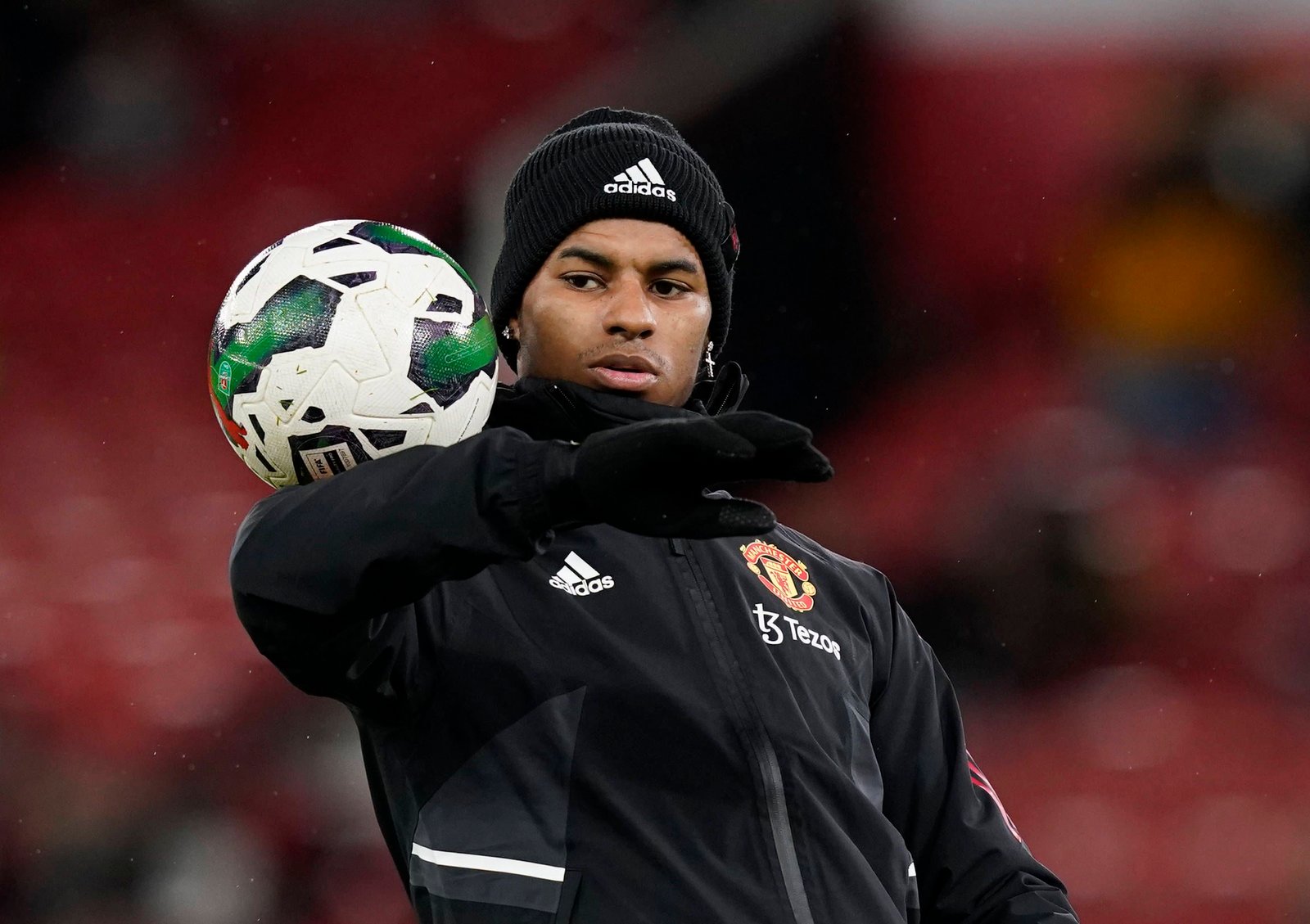Erik Ten Hag’s decision to bench Marcus Rashford against Crystal Palace raised eyebrows, especially considering Rashford’s resurgence in form.
After scoring the opening goal against Southampton and netting twice in the EFL Cup against Barnsley, Rashford was riding high on confidence.
His omission from the starting XI seemed puzzling, particularly when the team struggled to break down Palace’s defense in a lackluster 0-0 draw.
Ten Hag explained that he aimed to rotate the squad, opting to start Alejandro Garnacho instead.
Louise Speed has found love again after her seco husband passed away 2 years ago due to brain cancer
While Garnacho has proven to be an impactful substitute, often thriving in second-half scenarios, Rashford’s strength lies in his ability to make an early impact when given a full 90 minutes.
During his time at Chelsea, Raheem Sterling scored against Manchester City on three different occasions and as Arsenal play Pep Guardiola's men, it could be the time to unleash him.
Benching a player who has recently found his rhythm could disrupt that momentum, and in this case, it may have cost United valuable attacking potency.
Additionally, the decision to bench Manuel Ugarte for the match was based on the manager’s desire for the Uruguayan to acclimate to English football before thrusting him into the starting line-up.
Simon Jordan has weighed in on Manchester United's winger contribution since joining the reds for 82 million pounds
While this approach is understandable, it further highlighted the challenge of integrating new players into a struggling squad.
With key players side-lined and the team in the bottom half of the Premier League, United needed all hands on deck, particularly from a player like Rashford, who has shown he can change the game.
In retrospect, Ten Hag’s choices may have been overly cautious. With Rashford’s recent performances, it’s hard to argue against the idea that his presence from the start could have made a difference against a resilient Palace side.




